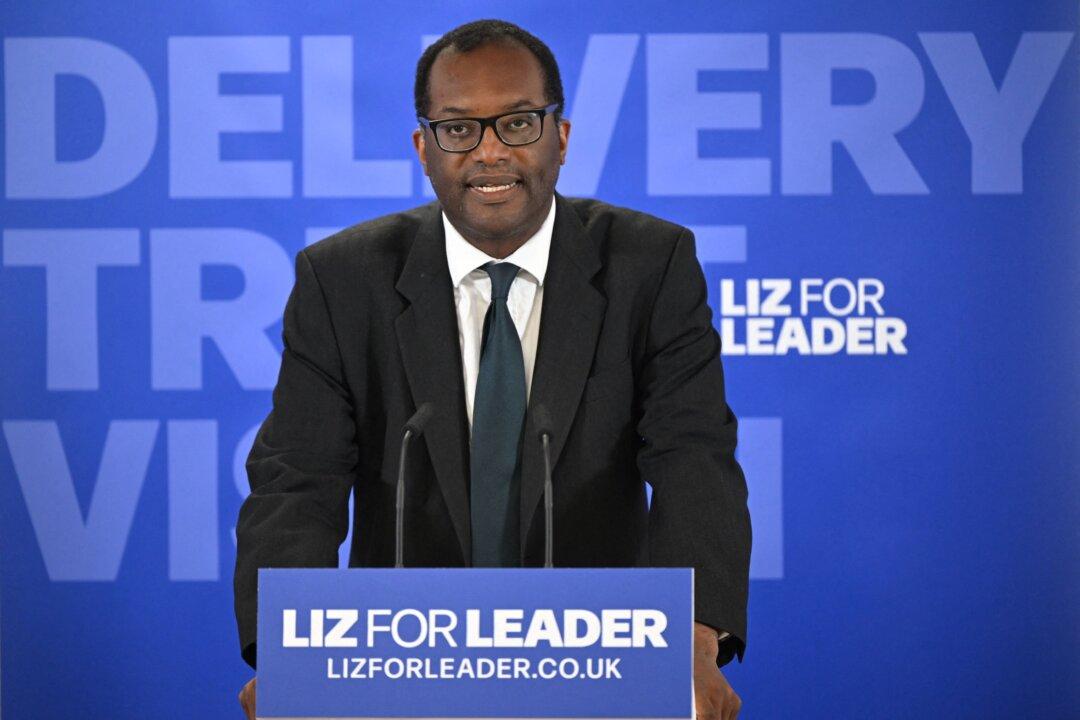The UK has blocked a Chinese company from acquiring smart camera technology from a British university, in the first use of the government’s new national security powers.
British Business Secretary Kwasi Kwarteng announced on July 20 that he had issued an order (pdf) under the National Security and Investment Act to block Beijing Infinite Vision Technology Co. (BIVT) from buying the vision-sensing technology from the University of Manchester.





